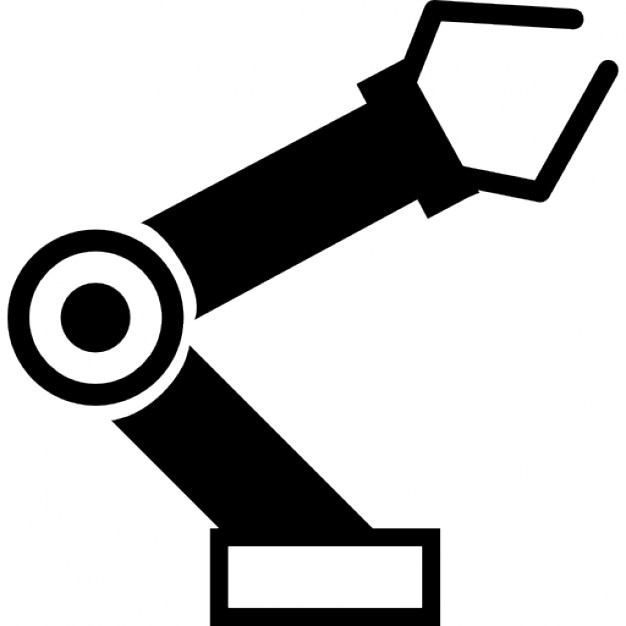New robotics minor offered in the fall
April 20, 2018
Higher education must keep up with the needs of not only their students, but industry demands to justify curriculum. The Electrical Engineering Technology Department (EET) at CWU is offering a new robotics automation minor that will be available beginning fall 2018.
EET is a subdivision of a three-branch department. The Engineering Technology division also houses Mechanical Engineering Technology (MET) and Industrial Engineering Technology (IET).
Assistant EET Professor Greg Lyman spoke of the industry’s influence on the coursework.
“We have industry advisory boards in our programs where they steer us in the right direction based on what the demand is,” Lyman said. “It helps us keep the curriculum current with what industry is demanding.”
The messaging from the advisory board is clear, Lyman said.
“They want automation skill sets coming out of here, definitely… its industry driven.”
Both MET and EET are intensive majors requiring over 130 credits, which is why the robotics minor is a good option for students. The two programs are nationally accredited through the Accreditation Board for Engineering and Technology. The board also credits applied science, computer science and engineering technology.
Some of the careers that are available after completing a degree within the technology division include automation engineering, engineering technician and manufacturing management and field engineering.
“This minor is kind of a bridge between all three. It helps get students skill sets that will be applicable to jobs that are in demand,” Lyman said.
The robotics automation minor is a 24-credit program with the coursework consisting of existing department classes. The only prerequisite for the minor is pre-calculus II.
Joseph Cuthbertson, a senior in the EET program, said that he’s disappointed he won’t be able to add the minor to his degree.
“It’s going to be a great addition to the department,” Cuthbertson said. “I think it’s going to allow us to expand on what we’re able to do.”
Cuthbertson wasn’t the only senior disappointed the department didn’t add the minor sooner.
“When it was first rumored that we might have a robotics minor, I know there were some other seniors in my class that wanted to do it but didn’t have the opportunity to,” Cuthbertson added.
Although Cuthbertson cannot earn the minor before graduating in June, he took one robotics course to see what it was all about.
“[The class] went in-depth in the decision making of robotics and how that works,” Cuthbertson said. “It exposed us to more things that we don’t get in this program; just in general we got a bit more of the mechanical part of it.”
More exposure to all three elements of the department is something Lyman hopes will continue. Cuthbertson hopes the department will continue adding minors to further that exposure.
Peter Zencak, a graduate teaching assistant in the Engineering Technology master’s program, mentioned that the students coming into the program have a broad range of educational backgrounds.
According to Zencak and Cuthbertson, students who are hesitant to pursue the minor should not be worried.
“I think it’s important for people to know that you don’t necessarily have to have an in-depth electronics background before you start this program,” Cuthbertson said. “When I started, I had zero electronic experience and I’ve learned so much in the last couple of years.”
Lyman mentioned he’s intrigued to see who’s interested in the minor and if students from other departments will pursue it.
“A lot of people get scared off by the math, but I think its applicable when you apply math to a discipline like this,” Lyman said. “You see how things function; you’re able to apply that equation to something that’s physically built.”
Lyman expects students in the computer science and Information Technology Administrative Management (ITAM) programs could be interested in the minor, especially computer science students, who already have exposure to robotics.
“Having that experience of doing different programming languages for robots [and] incorporating that with the hardware mechanical side of this minor that would be good,” Lyman said.



